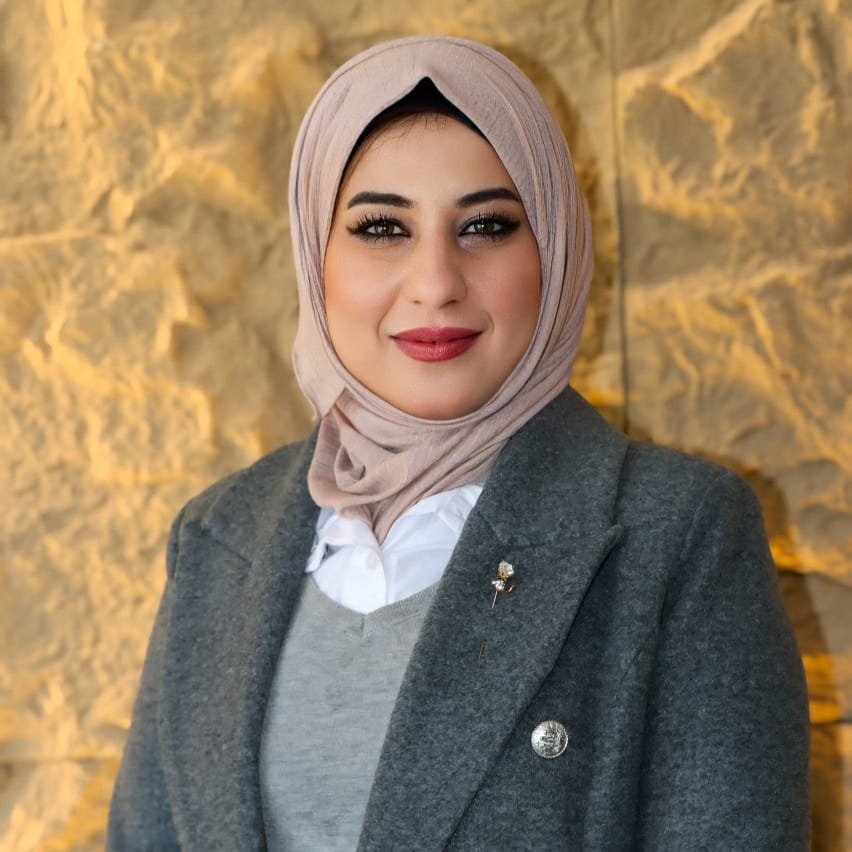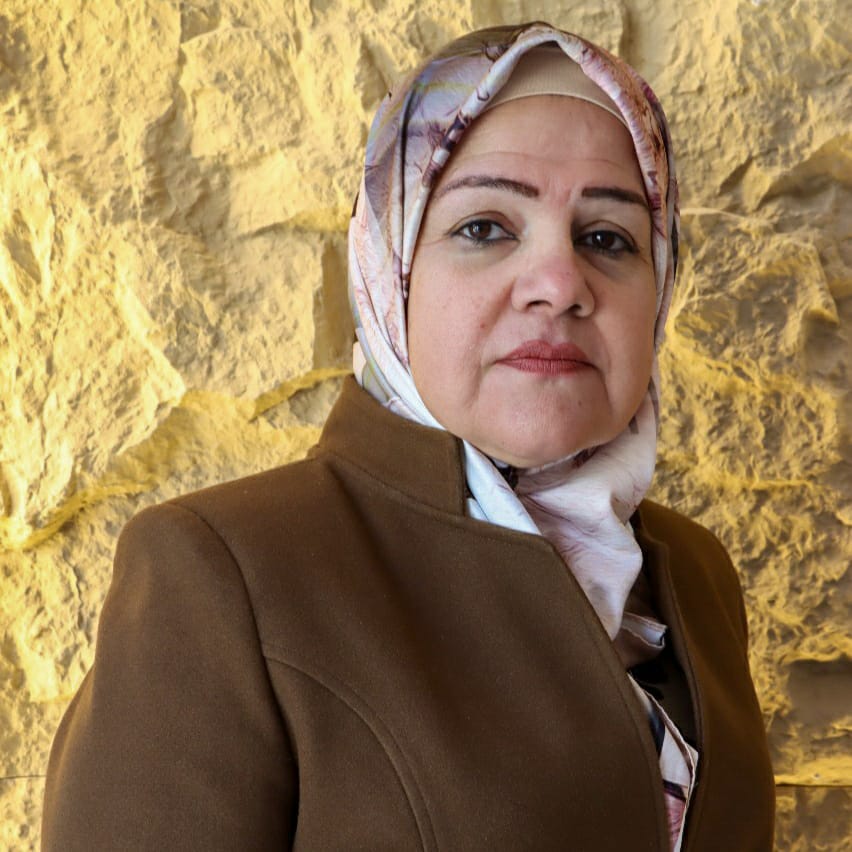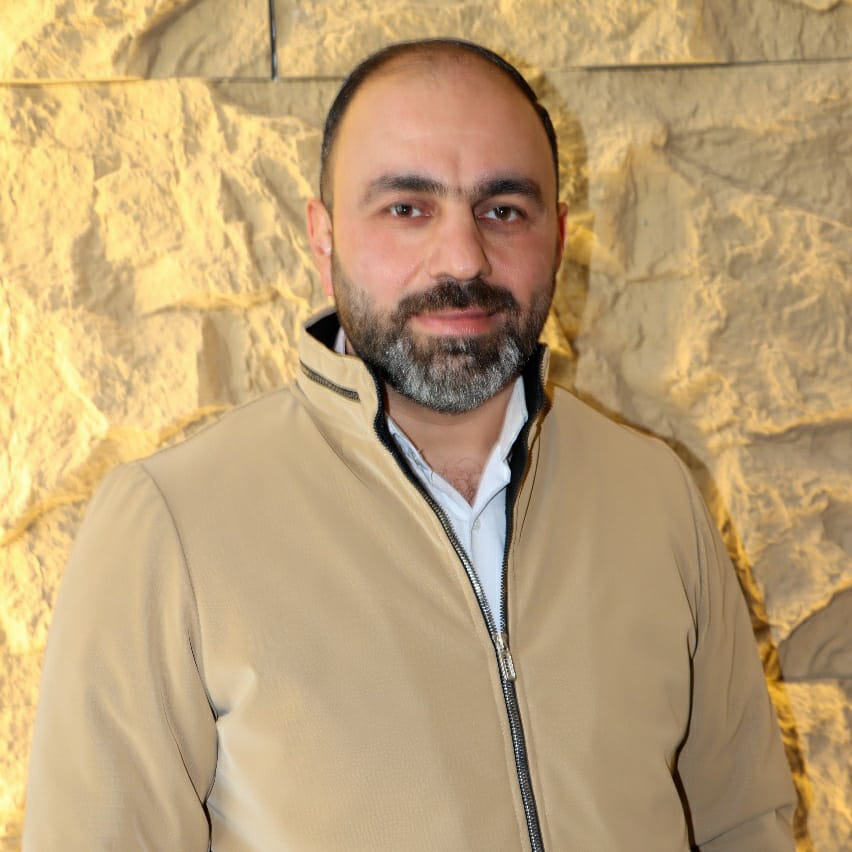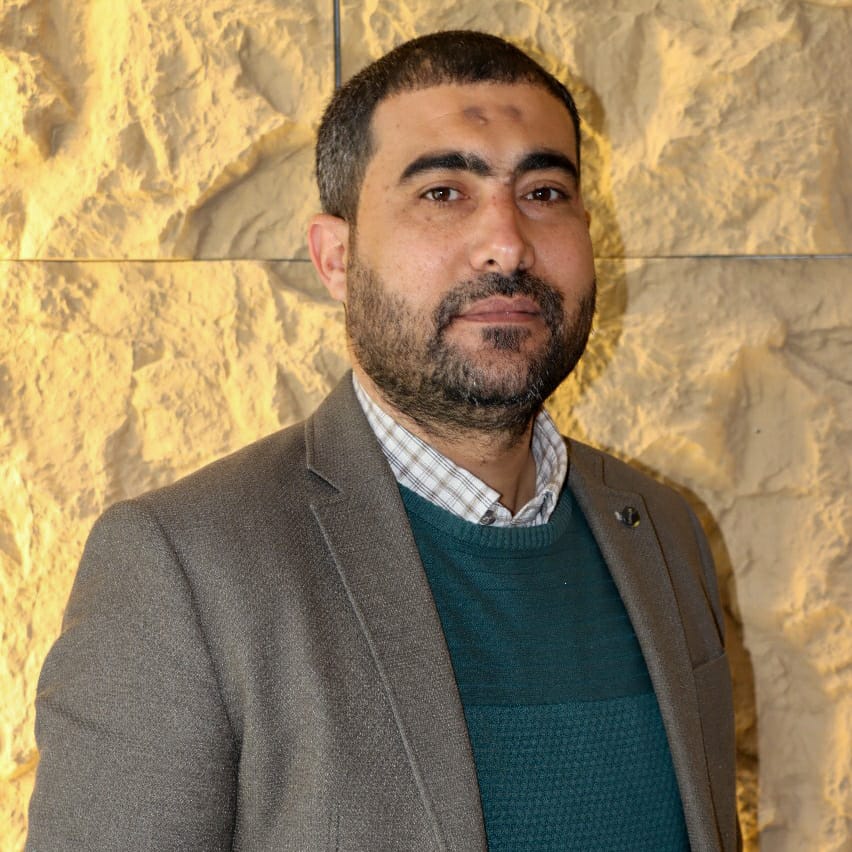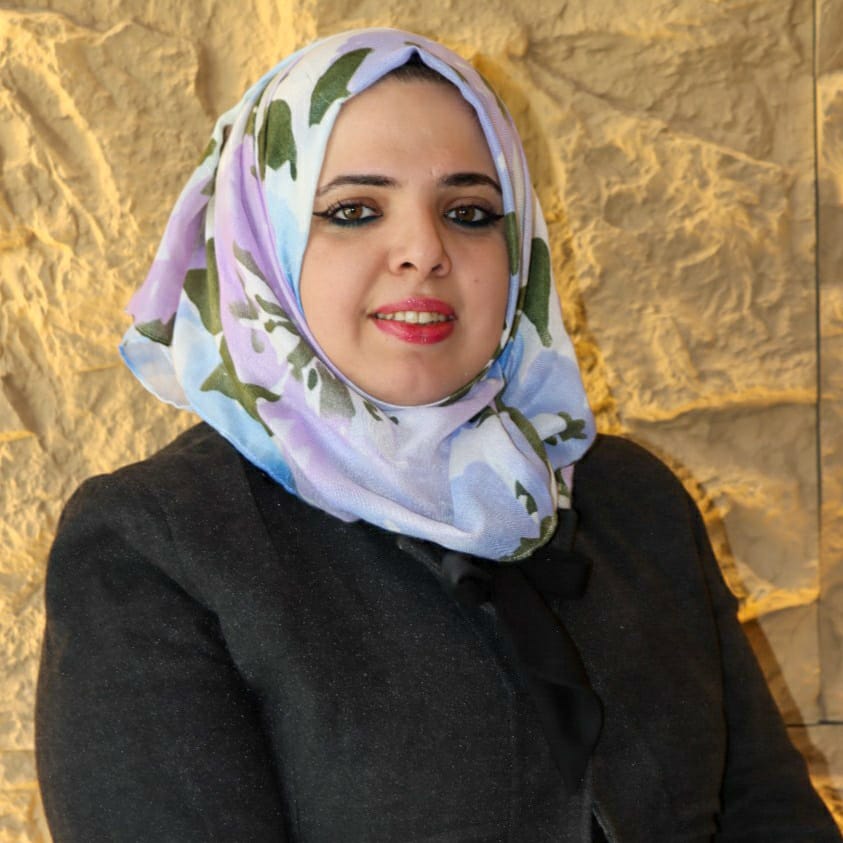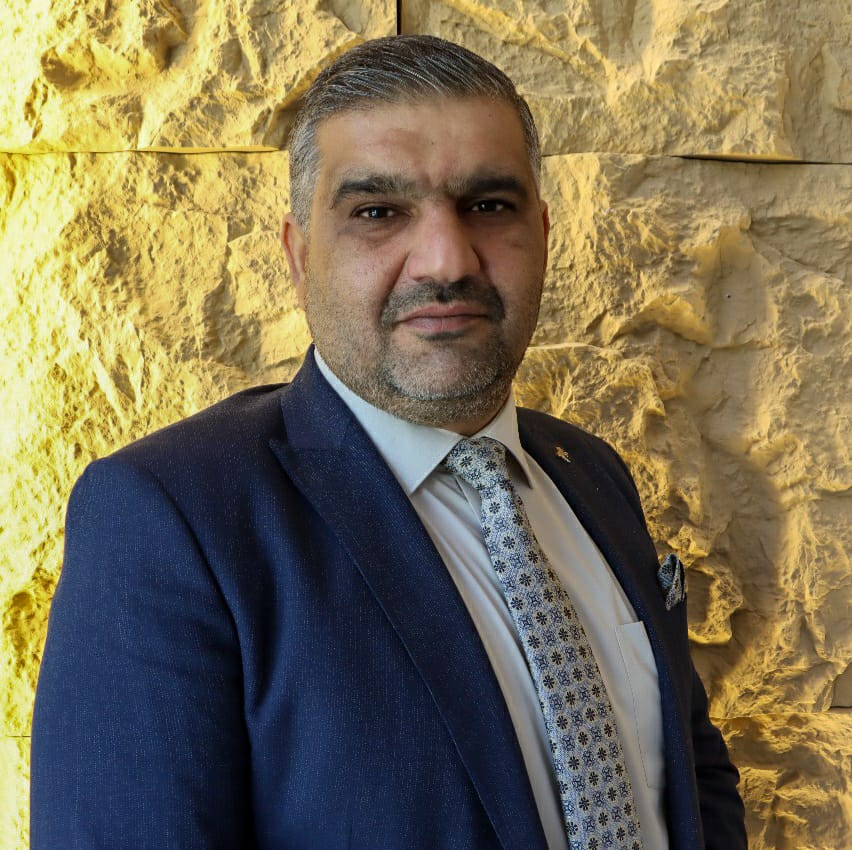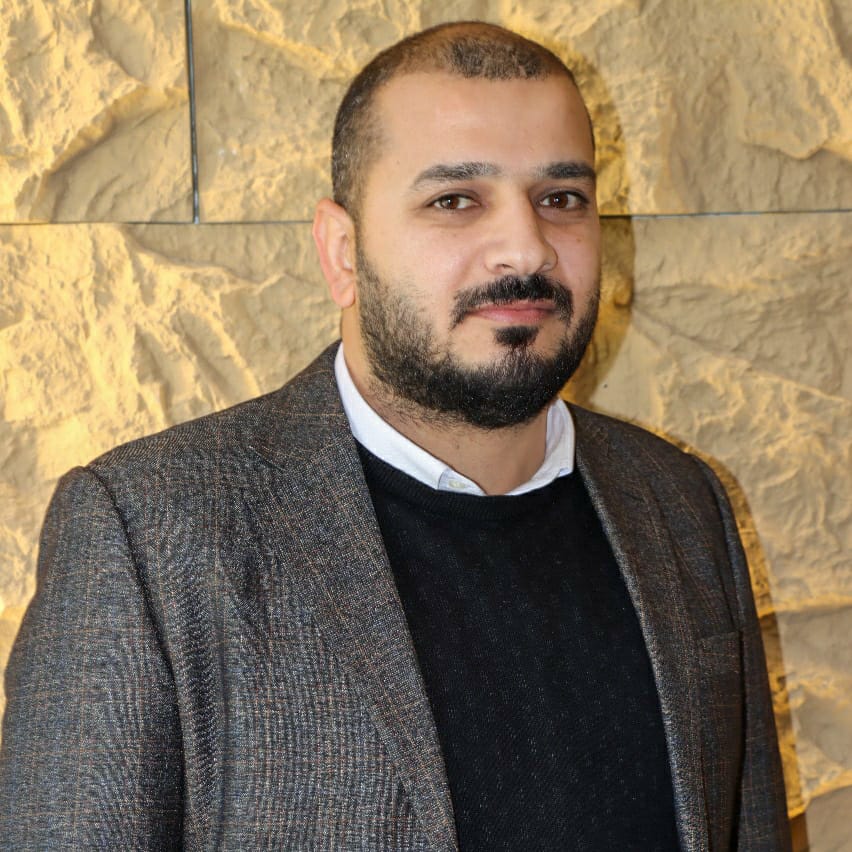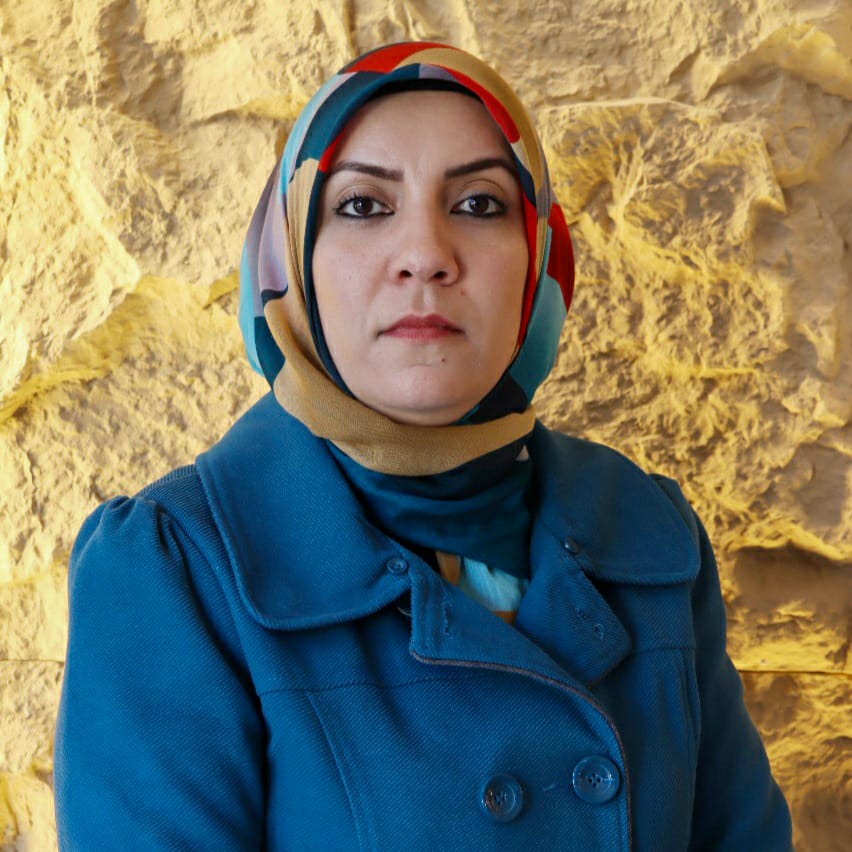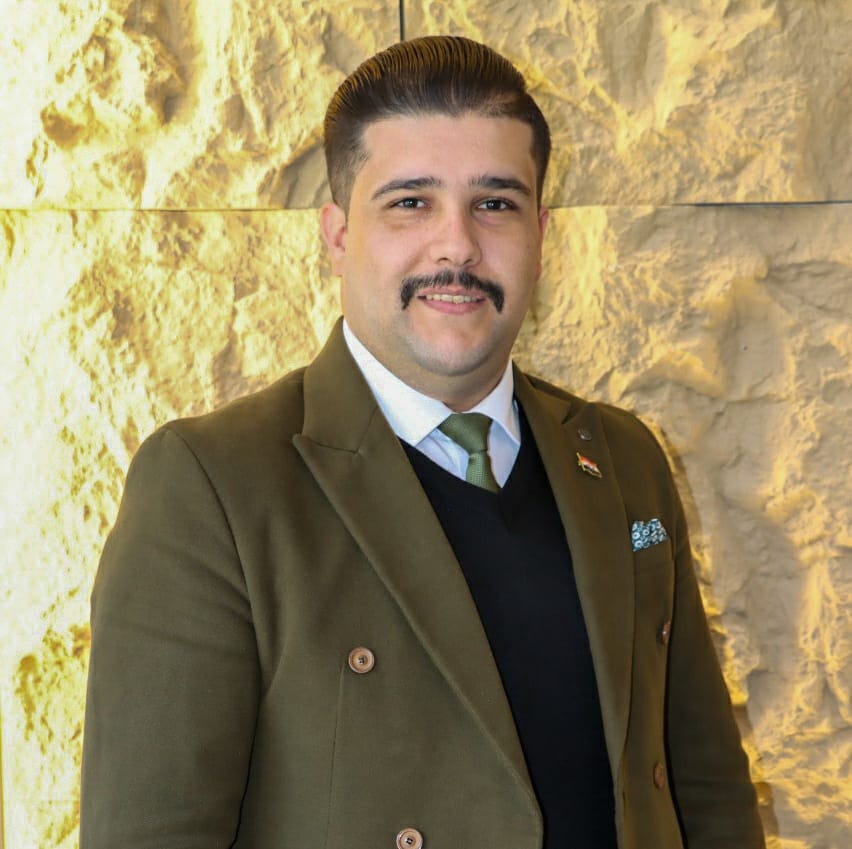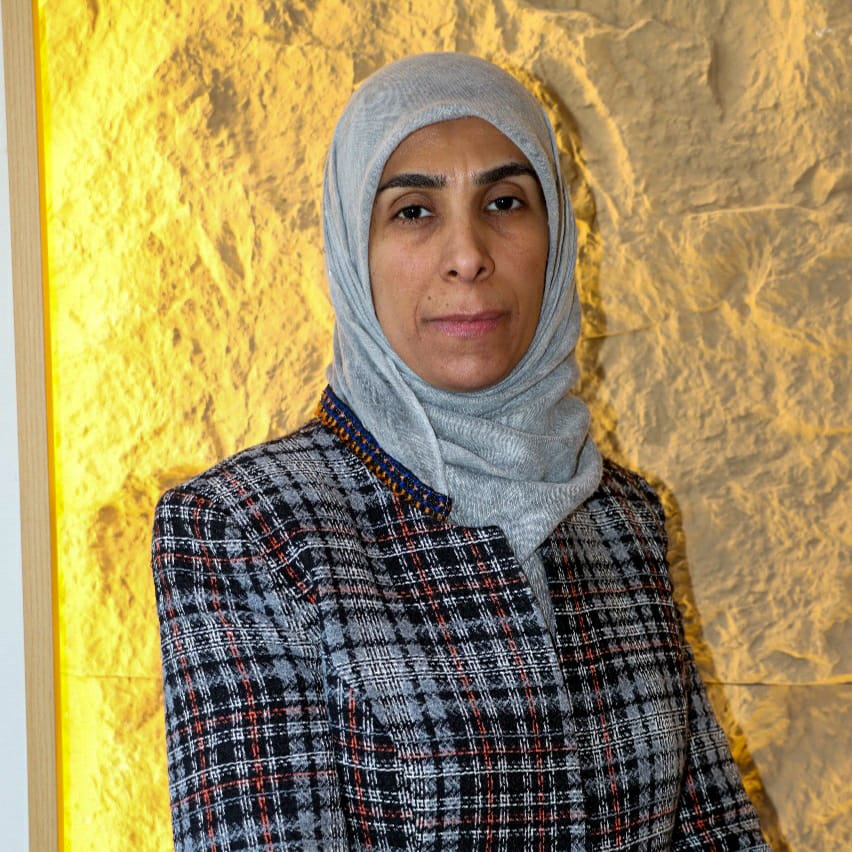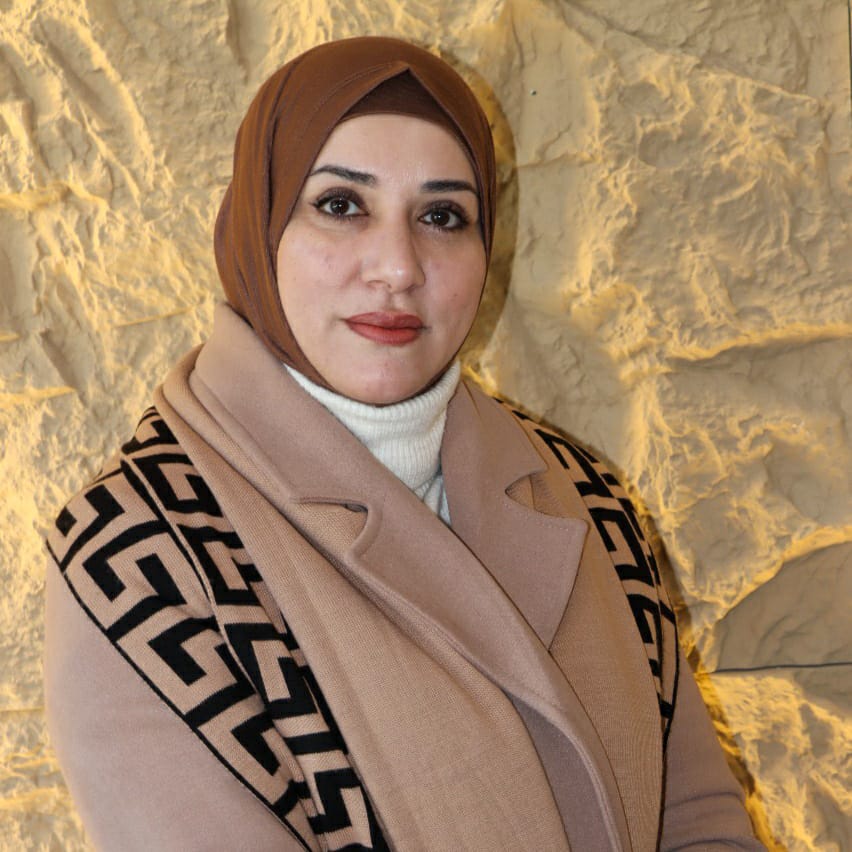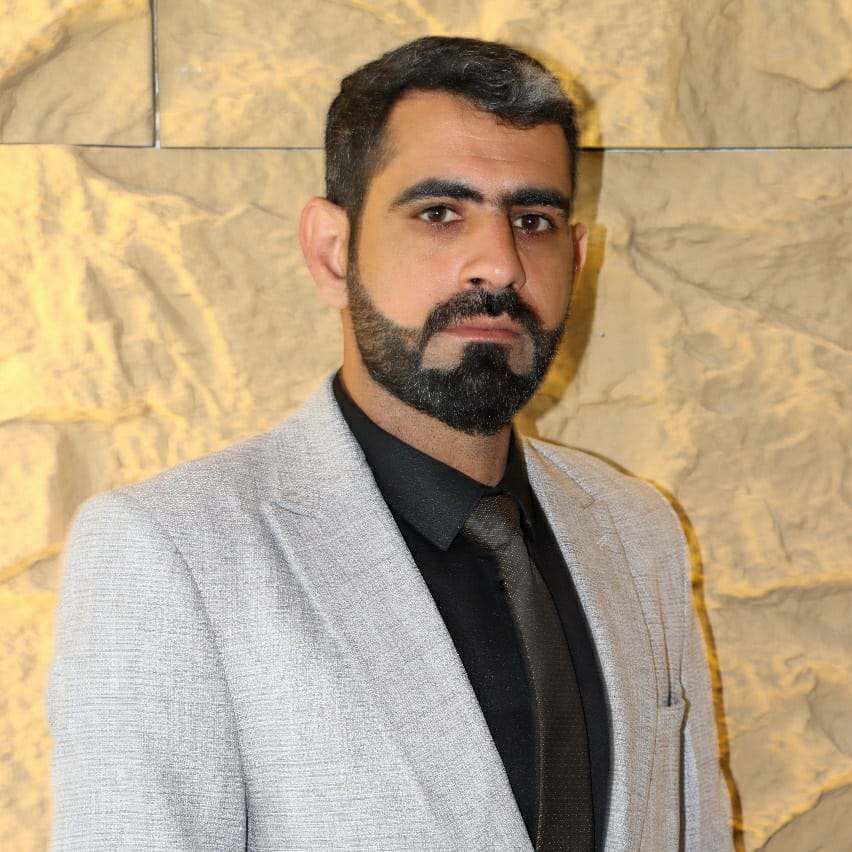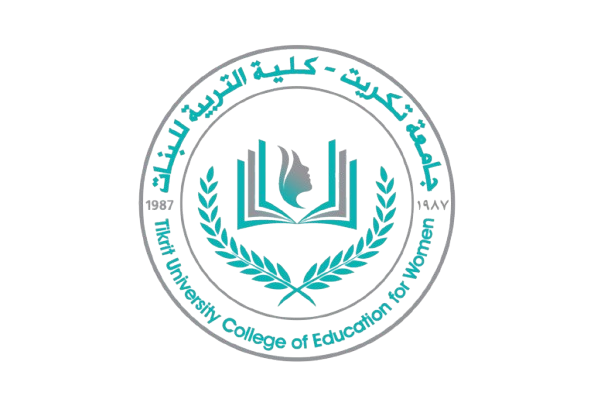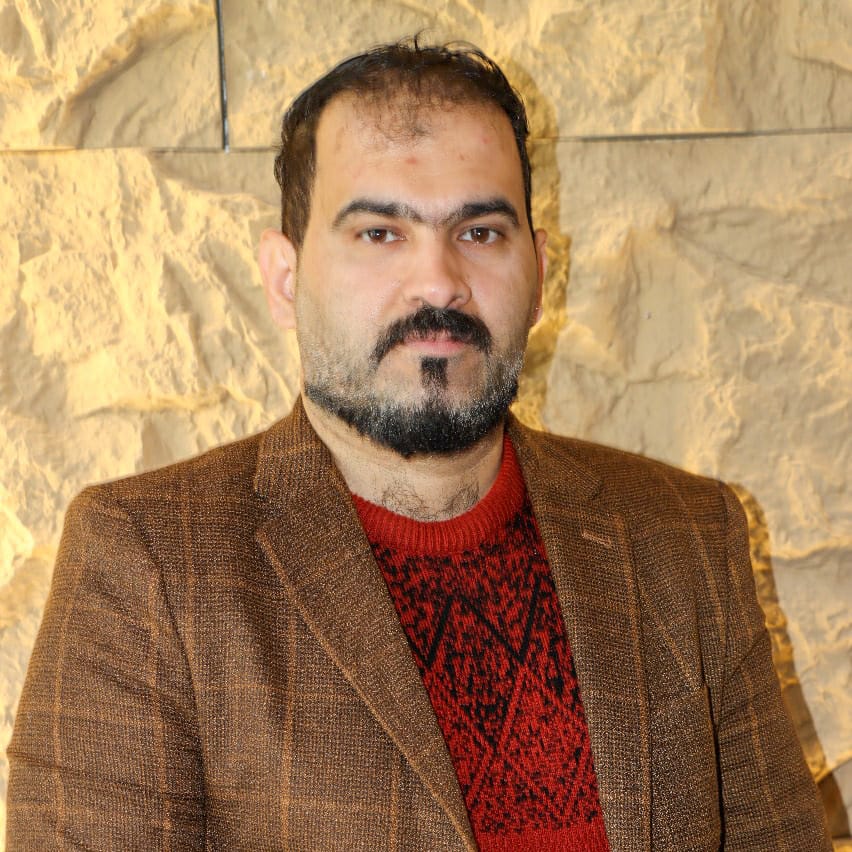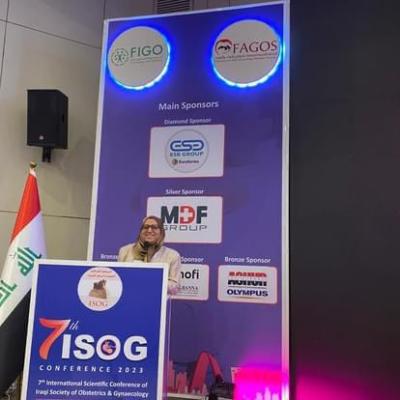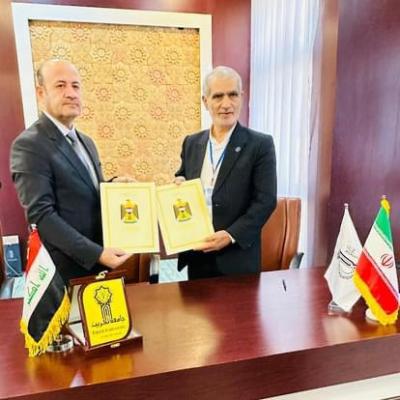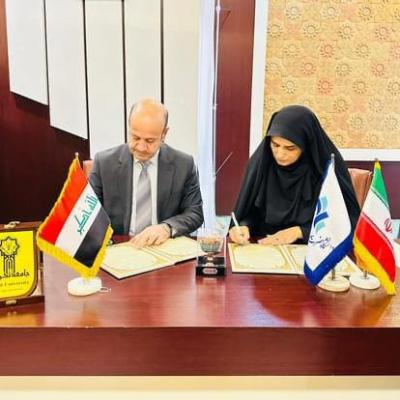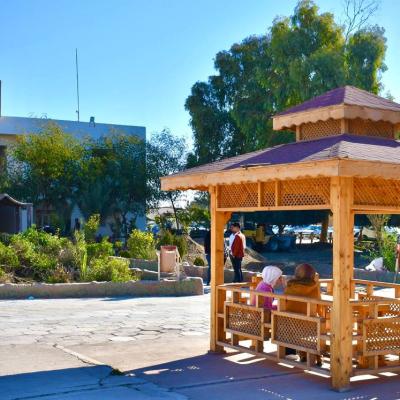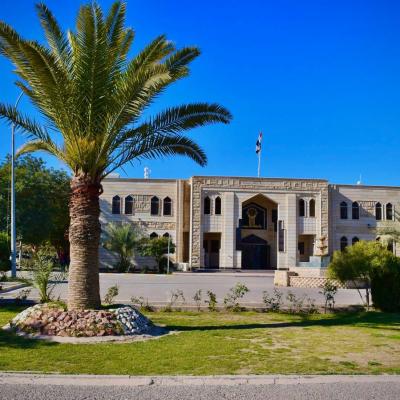Department of Home Economics
The Department of Home Economics was established in the academic year 2013-2014. It aims to graduate students with scientific, biological, and human expertise, helping them address issues related to food, clothing, housing, and family relationships, while also developing and enhancing their skills. The department provides students with cultural and educational programs in home management. Home Economics departments exist in universities worldwide, but in Iraq, there are only two such departments. Admission is open to graduates of the scientific and literary branches of high school, as well as applied arts.
Name: Assist. Prof. Shahad Khalid Hameed
Email: Shahad.hameed@tu.edu.iq
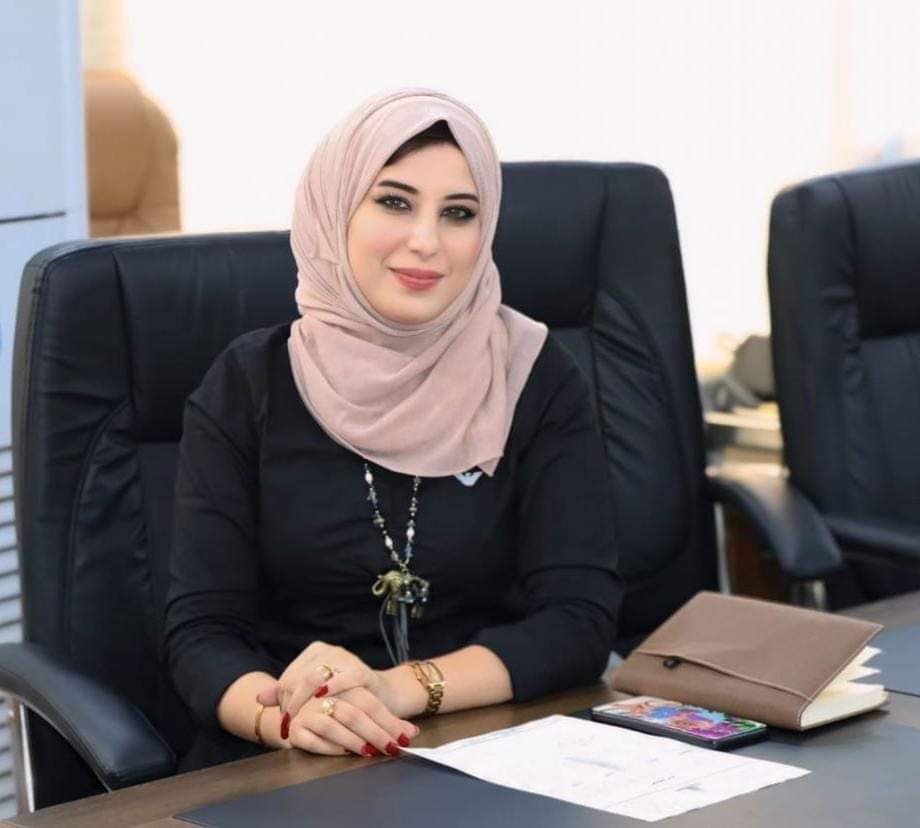
Name: Dr. Ali Waleed Noufan
Email: Ali.w.nofan@tu.edu.iq
The Home Economics Department aims to be a distinguished and leading academic reference at both the local and regional levels in the fields of education, scientific research, and community service, in accordance with the highest academic standards.
Preparing qualified and creative female professionals capable of competing locally and regionally, and keeping pace with scientific and technological developments in the fields of food and nutrition, fashion and textiles, design, home management, and child care and family relations.
The department is committed to promoting scientific research, developing curricula, and providing an innovative learning environment, while offering specialized services and consultations that meet the needs of the community and its institutions.
-
Develop students’ skills and abilities to enhance performance and actively contribute to community development.
-
Instill values of cooperation, discipline, economy, and social responsibility.
-
Prepare graduates to assume leadership roles and manage family responsibilities efficiently.
-
Support a culture of productivity and self-reliance.
-
Enhance skills in scientific research and applied creativity.
Specific Objectives
-
Graduate specialized home economics teachers for work in middle and secondary schools.
-
Promote efficient consumption in families and communities and develop human and material resources.
-
Raise awareness of nutrition and design balanced dietary programs for healthy individuals and patients.
-
Train students in selecting healthy food and planning meals that meet the body’s needs.
-
Supervise maternity and child care centers, nurseries, and family-based productive projects.
-
Enable students to optimally use household tools and appliances.
| No. | Name | Academic Title | Specialization |
| 1 | Shahad Khalid Hameed | Assistant Lecturer | Home Economics |
| 2 | Ali Waleed Nofan | Lecturer | Food Science |
| 3 | Omar Sobhi Abdullah | Assistant Lecturer | Business Administration |
| 4 | Doaa Mathna Shaaban | Lecturer | Human Nutrition |
| 5 | Asmaa Hashem Shaker | Professor | Biochemistry |
| 6 | Maha Sahib Abd | Lecturer | Food & Nutrition |
| 7 | Khalid Waleed Nofan | Assistant Lecturer | General Methods & Curriculum |
| 8 | Bayader Jalal Abdulhamid | Assistant Lecturer | Microbial Environment |
| 9 | Ayman Alwan Nouri | Assistant Lecturer | Physics |
| 10 | Mohammed Salman Dels | Assistant Lecturer | Life Sciences |
| 11 | Qais Diyab Abd | Assistant Professor | Arabic Language Methods |
| 12 | Armidh Obeid Khalaf | Assistant Professor | Private International Law |

